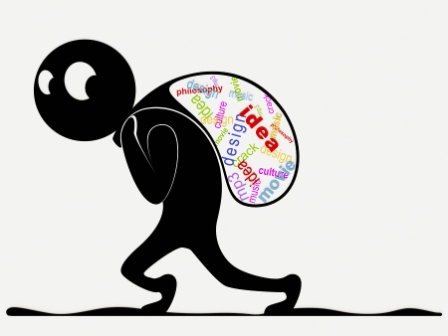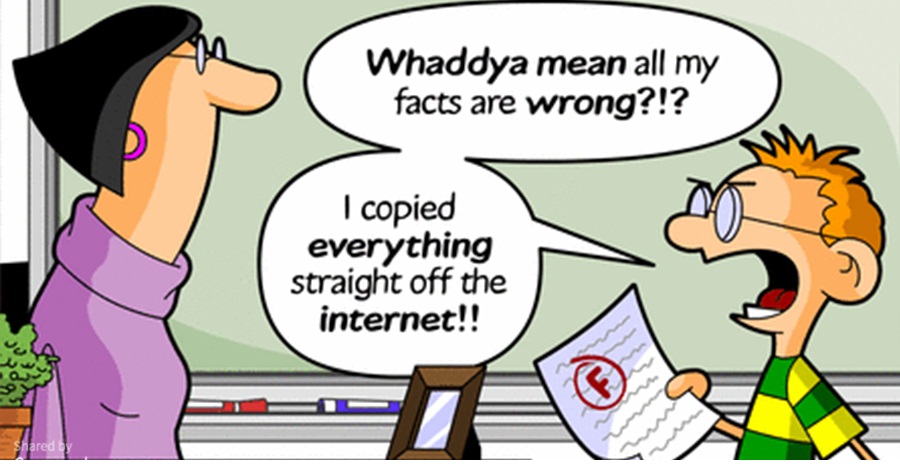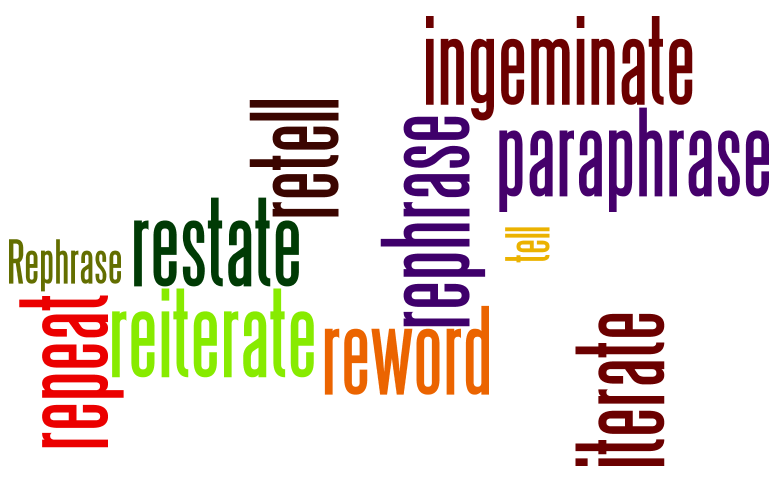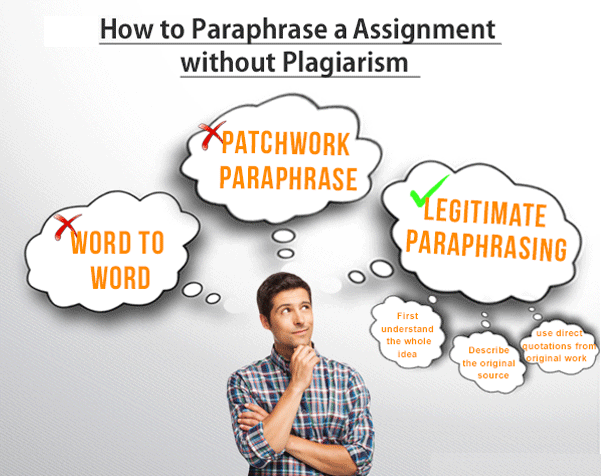What is Plagiarism?
The term Plagiarism is basically the act of copying someone else's work such as: writing, discussion or even thoughts and showing it as your own without acknowledging its resource. Whenever someone’s work is duplicated and re-published without a proper citation or reference, it is regarded as plagiarism.

In the present time, most of the information is now available in the digital format. As this makes it simpler to access the content or stuff than ever before, it as well makes it simpler to plagiarize someone’s work.
As it is so simple to copy and paste the digital information, plagiarism in the present age has become a severe trouble. Luckily, there are rules and regulations (copyright law) to defend against plagiarism.

Avoiding plagiarism is very simple. It approaches to doing what is right. Do not copy the work of others from an assignment or from the internet. If you make use of any other person’s work or information, make certain you cite the source. Add MLA or APA citations whenever you reference other publications and a link of the website where the content is from. The most important way to keep away from plagiarism is to use the ideas from academic sources and paraphrase them.
What is paraphrase?
A statement that states something that someone has stated or written in a different manner.
Paraphrasing is basically placing the ideas or thoughts of another person into your own words. Paraphrasing assists the quality of your work by illustrating someone’s ideas in your own writing manner enhancing the readability and flow.

Modifying some words of the original sentence doesn’t make your work a legal paraphrase. You have to modify both the words and the structure of the original sentence, devoid of modifying the content. In addition, you must remember that paraphrased work still necessitate citation as the ideas came from the other source, although you are placing them in your own words.
A fine paraphrasing makes the thoughts or ideas of the original source fit efficiently into your paper, highlighting the most pertinent points and leaving out disparate information.
Tips for effective paraphrasing:

1) At first, you have to read the source carefully so you actually are familiar with what it means. You cannot make use of it as a source if you do not completely understand it.
2) Subsequently find out the part of the source you wish for to paraphrase. You are not re-writing the whole source in your paper, thus do not paraphrase a lot more than a paragraph.
3) Pay concentration to this step as it is very vital, set the original source aside.
Write down your paraphrase without looking at the original source. This will assist you in writing your own words and aid you oppose the temptation to make use of the wording and structure sentence of the original source.
Why you should use a referencing system?
References are basically employed to acknowledge someone’s work, information, ideas or research; to point toward your acquaintance with other research on the subject matter; to provide authority to your work; and to facilitate the reader to find out the original source.
Referencing must be used not just when you have employed a direct quotation, however as well whenever you have summarized information from sources. It is significant that the reader is capable to differentiate clearly among the information which you have obtained from the other sources and your own explanation.
As a component of the educational community, it is essential that you exhibit the reader where you have used other person’s work or information. Breakdown to appropriately reference might make the reader assume that you are unethical by claiming other person’s effort as your own. In the educational atmosphere, it is termed as plagiarism and it is noticed as a very severe offence.
On a more affirmative note, referencing is vital for reasons other than keep away from plagiarism. Whenever you reference appropriately you are signifying that you have read broadly on a subject matter. You are as well supporting your theory with remarks from professional authors. This provides integrity to your own work. As well, by properly referencing, you let the reader to follow-up your references and to ensure the legitimacy of your opinion for themselves. This is a vital element of the educational development as it leads to student liability.
What to reference?
You require referencing everything you use/write in your work that was not originally formulated by you, such as:
• Words
• Ideas
• Theories
• Graphs

Acknowledging sources and appropriately referencing them is a vital part of the academic work. Writing references is pretty straightforward and simple to learn, however awareness must be paid to accurateness and consistency.